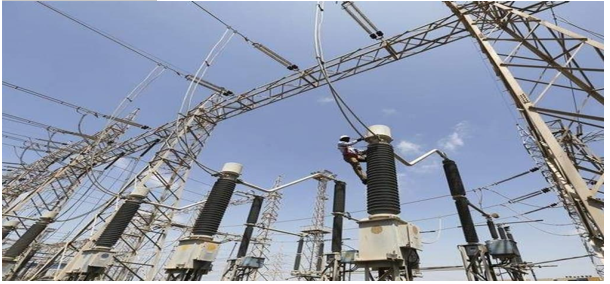INP-WealthPk
Amir Saeed

The power sector’s inefficiencies, including inadequate management, antiquated infrastructure and a significant reliance on foreign fuels, not only hurt the economy but also put a great deal of financial strain on consumers as electricity prices continue to climb. Talking to WealthPK, Zulfiqar Ali, Chief Executive Officer of Safeway Renewable Energy, a solar solution provider, said that the outdated infrastructure was one of the main reasons for the energy sector’s inefficiencies. “Most of the country's power distribution and generation infrastructure is decades-old and lacks necessary maintenance or modernisation.” He added that rising transmission losses were pushing electricity prices upwards. “To make matters worse, the industry has been unable to keep up with the rising demand for power due to a lack of investment in updating these systems.” Zulfiqar pointed out that the country's limited indigenous energy supplies and underdeveloped alternative energy sources such as wind and solar made it susceptible to swings in the global market.
“This reliance raises expenses and jeopardises energy security, leaving the sector vulnerable to outside economic shocks.” “The absence of a well thought-out, long-term energy policy is making matters worse. “It has also been a challenge for the policymakers to put the essential reforms into practice because of the policy inconsistencies.” Zulfiqar said that a multidimensional strategy that tackles both immediate and long-term problems was necessary to overcome these obstacles. “Better resource management is required, including lowering transmission losses, enhancing invoicing procedures and combating mismanagement in the industry.” Talking to WealthPK, Dr Naveed Arshad, a member of LUMS Energy Institute, said that the dominant state-owned enterprises in the power sector were responsible for its inefficiency. “Due to the persistent circular debt caused by this mismanagement, electricity producers are unable to recoup their costs, which further destabilises the sector's finances.” He highlighted that the economy was significantly impacted by soaring electricity prices.
“Due to high production costs brought on by high energy tariffs, the country’s goods are less competitive in global markets, impeding economic growth and increasing trade imbalance.” He lamented that households were further burdened by the high cost of electricity, with many finding it difficult to pay their monthly utility bills. “Increasing energy rates have disproportionately impacted lower-income families, fuelling more poverty and inequality in the society.” “Despite the government's efforts to boost electricity generation capacity such as building new power plants and investing in renewable energy sources, the underlying problems have not been sufficiently addressed,” he noted. Naveed suggested long-term investments in energy infrastructure modernisation, energy mix diversification and indigenous resource development. “Furthermore, encouraging consumer energy conservation and efficiency will assist in lowering total demand and easing pressure on the sector.”
Credit: INP-WealthPk













